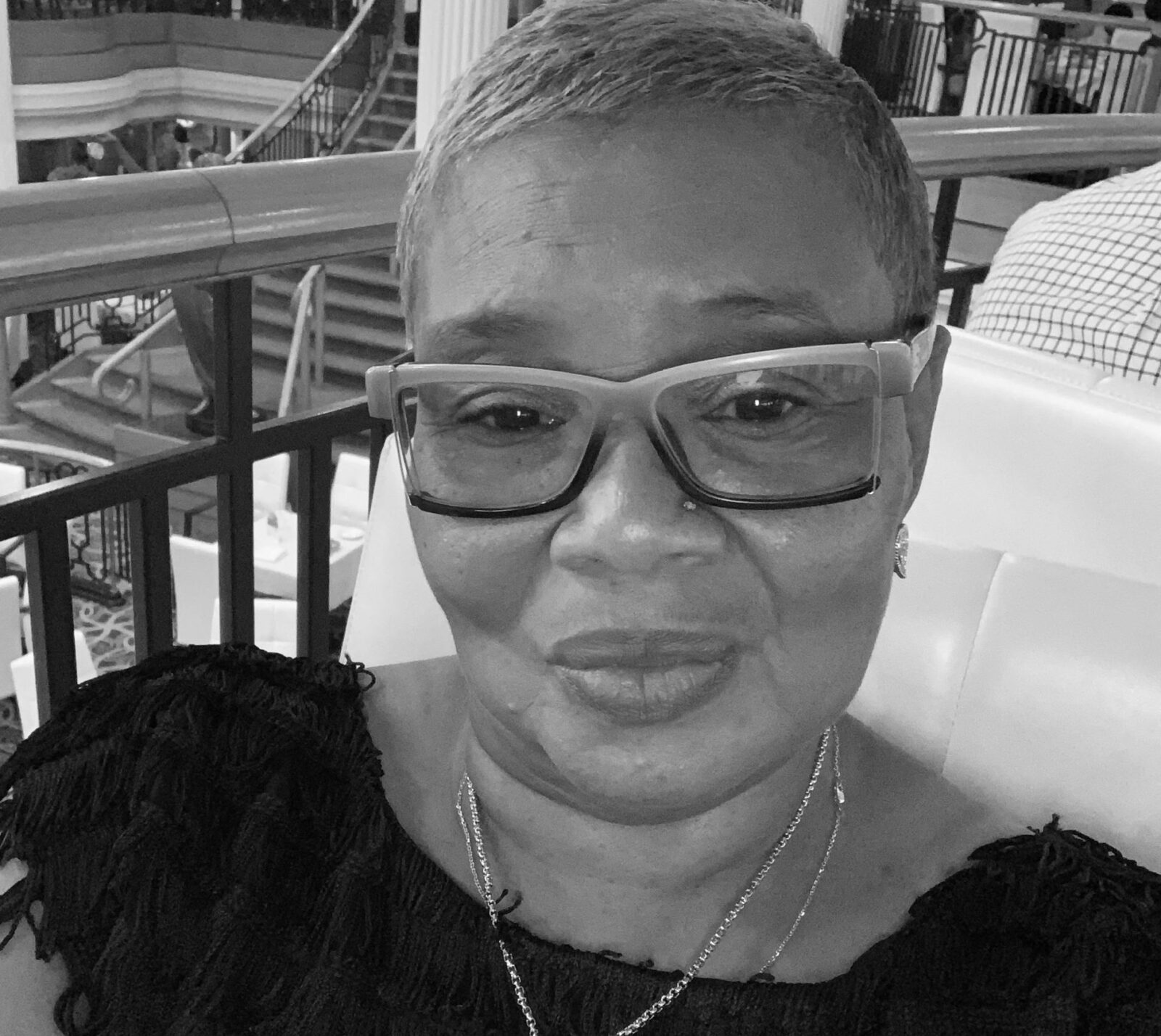News Details
“Always Something New to Know”: MSW Student Alisa Branch on Being a Non-Traditional Learner

Authored by: Alina Ladyzhensky
Photography by: Provided
Student Life
07/13/21
Even after a three-decade career in the human services field, Alisa Branch still felt that she had more to learn, and more to contribute as a social work professional. Branch, who works in the Child Welfare Division of the Department of Human Services, was encouraged by her adult daughter and colleagues to apply for the Pennsylvania Child Welfare Education for Leadership (CWEL) program, which partners with accredited social work institutions like Penn’s School of Social Policy & Practice (SP2) to provide graduate-level educational opportunities for public child welfare personnel. Through her CWEL application, Branch was accepted to SP2’s Master of Social Work (MSW) program and is now a full-time student at SP2, with financial support from the DHS Employee Education Program (EEP).
For Branch, set to graduate in 2022, enrolling as a student in the MSW program is the most recent achievement in a long list of professional and academics milestones, set against life circumstances that were not always easy or conventional.
“I was a teenage mom, so I didn’t get a chance to finish high school— I was in and out, up and down, all around, and then at some point, I decided to get my GED. I went to community college, and then I started in the substance use field,” Branch said, in a tone that radiated warmth and positivity amid the serious subject matter. “I really enjoy helping people— especially because, being a child of parents and grandparents with a history of substance abuse and alcoholism, I know how I felt as a child, and how I actually wanted somebody to come along and help.”
Branch stayed in the substance use field for 14 years, during which she became a credentialed Certified Addictions Counselor and earned a bachelor’s degree in human services from Chestnut Hill College. After working in different facets of treatment including intensive outpatient treatment, detox (Level 4A), and serving as a counselor for a methadone maintenance program, Branch decided to shift her professional focus.
“Being in the methadone program as a therapist, you tend to bond with your patients and your clients long-term because methadone tends to be an ongoing, long-term type of treatment. As long as they’re on methadone, they have to come to counseling and groups, and do urine tests and so forth. Over those years, I developed relationships with a lot of my clients—yet they were still dying, they were still overdosing, they were going to prison. Some successfully detoxed, but not that many,” Branch explained. “So I said, maybe I can do something different. Maybe I can be an interim for them, and I can meet them where it starts. In 2005, I applied for the Department of Human Services’ Child Welfare Unit, and I’ve now been there 16 years to date. I hope I’ve made a difference in some young lives. Instead of meeting them at the end, I get to meet them in the beginning.”
When her daughter and Penn alum coworkers at DHS encouraged Branch to apply for the CWEL opportunity, citing both her professional experience and infectious enthusiasm as assets to the program, she was enthusiastic— but, as someone, who didn’t fit the mold of a traditional graduate student, not without hesitation.
“My coworkers said, ‘Alisa, you have so much to give. You have so much experience in your personal life, your academic life, and definitely your professional life. You need to go back!” Branch said with a laugh. “And when Penn said I was accepted, I was so excited. But there was a fear that came in, too. Are you going to be accepted? Are you too old? Does your race make a difference, or the way that you speak? But all of those things did not play a factor. I was OK about being myself, and I got a lot of positive results. I’ve found some close friends and established healthy connections with the professors here, and the classes are just great. I have classmates who are so much younger than me and I have a newfound respect and admiration for this generation! They are bold, they are free, they are alive. They have made such a difference, and I get to see them every time I come to class. It shows me that the world continues.
“I finally got names to many of the things I was already doing. I realized that there were names for types of interactions that you would have with clients, families, children— and what type of treatment modality they may use, how you interact with them on a basis of confidentiality, and the history of child welfare,” she continued. “It’s a host of things. You get to see exactly what you’re being taught in some instances, and how to make a difference appropriately.”
Branch, who is a grandmother of three, hopes that her continued curiosity, dedication, and hard work can serve as an inspiration to her daughter, granddaughters, grandson, and anyone else who may need a reminder that it’s never too late to pursue one’s ambitions in life—or to add entirely new ones.
“I have more opportunities to make unlimited choices now. I don’t have to settle. I can go out in the world and know my worth, and stand up for what I believe in. Penn has really opened a lot of doors for me. It’s never too late to fulfill your dreams and desires, even the things that you thought were impossible before,” Branch said emphatically. “They can be possible now because you’re prepared for it. It’s definitely a feeling of empowerment. There is never, ever a time when you should think that you have learned enough. There is always something new to know.”